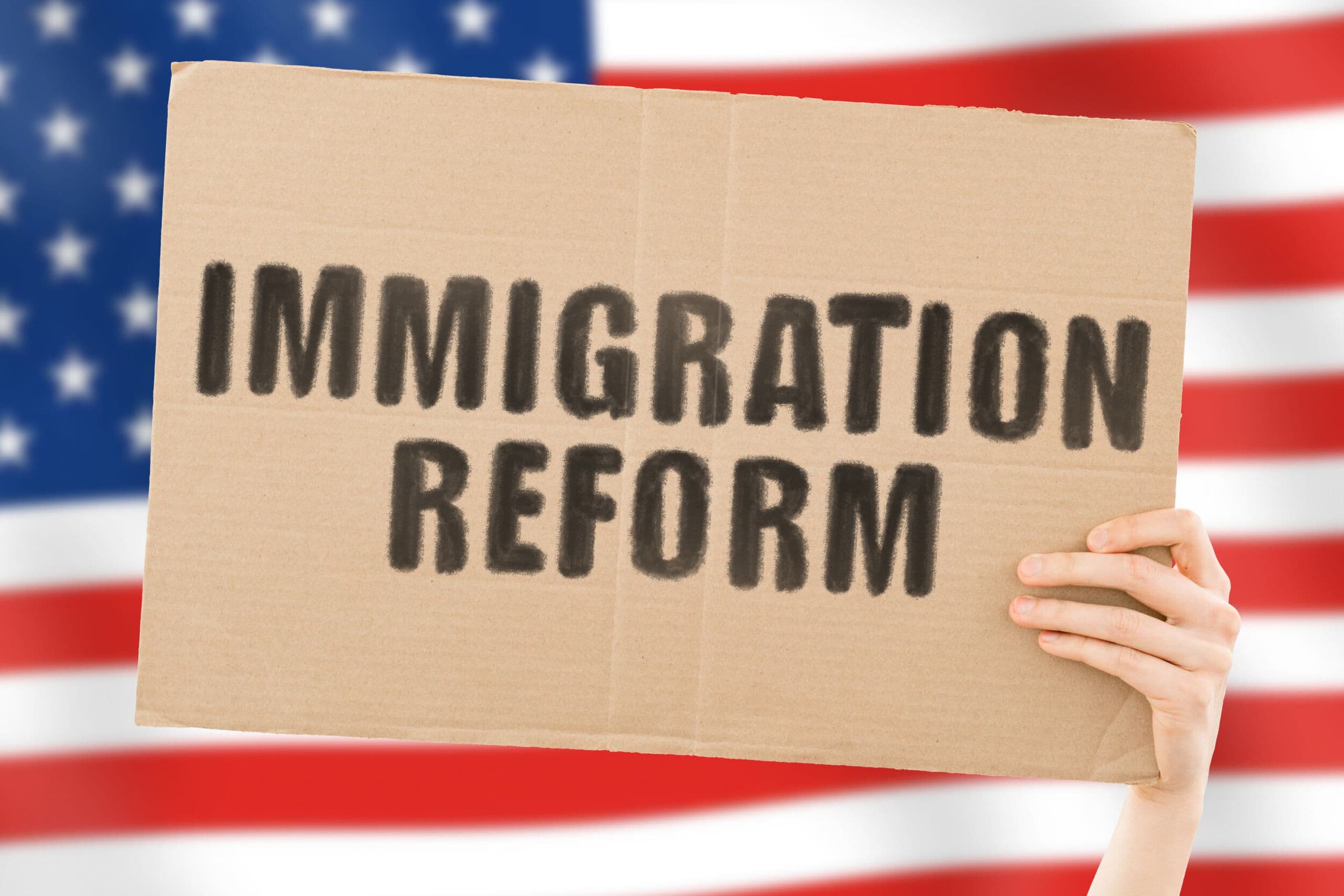President Biden Introduces New Immigration Bill
/Photo Credit: Richard Hanus
In a move celebrated by many immigrant advocates, President Biden has sent a new immigration reform bill to Congress.
The U.S. Citizenship Act of 2021 contains several exciting components, including:
- creating a pathway to citizenship for millions of undocumented people
- replacing the word “alien” with “non-citizen” in official documents
- raising per-country caps on family and employment-based immigration
- ending the 3 and 10-year penalties barring entry to the U.S. for certain immigrants
- improving the immigration courts
- supporting asylum seekers
- increasing diversity visas
- prioritizing keeping families together
- addressing the root causes of migration from Central America
- promoting integration and inclusion for immigrants and refugees
While the proposed legislation is only that at this time – a proposal – it is a welcome sign that the Biden Administration is serious about making immigration reform a priority.
The U.S. Citizenship Act of 2021 is set to be introduced in the House of Representatives by Linda Sanchez, a democrat from California, and in the Senate by Bob Menendez, a democrat from New Jersey. In its current form, the bill would require the support of at least 10 republican senators in order to defeat a filibuster in the Senate.
If this proposed legislation is not able to pass through both the House and the Senate, then the bill may be broken down into several smaller bills, allowing those items which contain widespread support to be passed into law.
Rest assured that we will be closely monitoring all developments related to this legislation and will inform our clients of any changes to the law which may affect their case.
If you are in need of representation for your immigration case, please contact our office at (425) 374-1681 to schedule a consultation with attorneys Brittan or Mary Beth.
Our attorneys have years of experience handling a wide variety of immigration matters and would be happy to support you in navigating the complexities of the U.S. immigration system.






